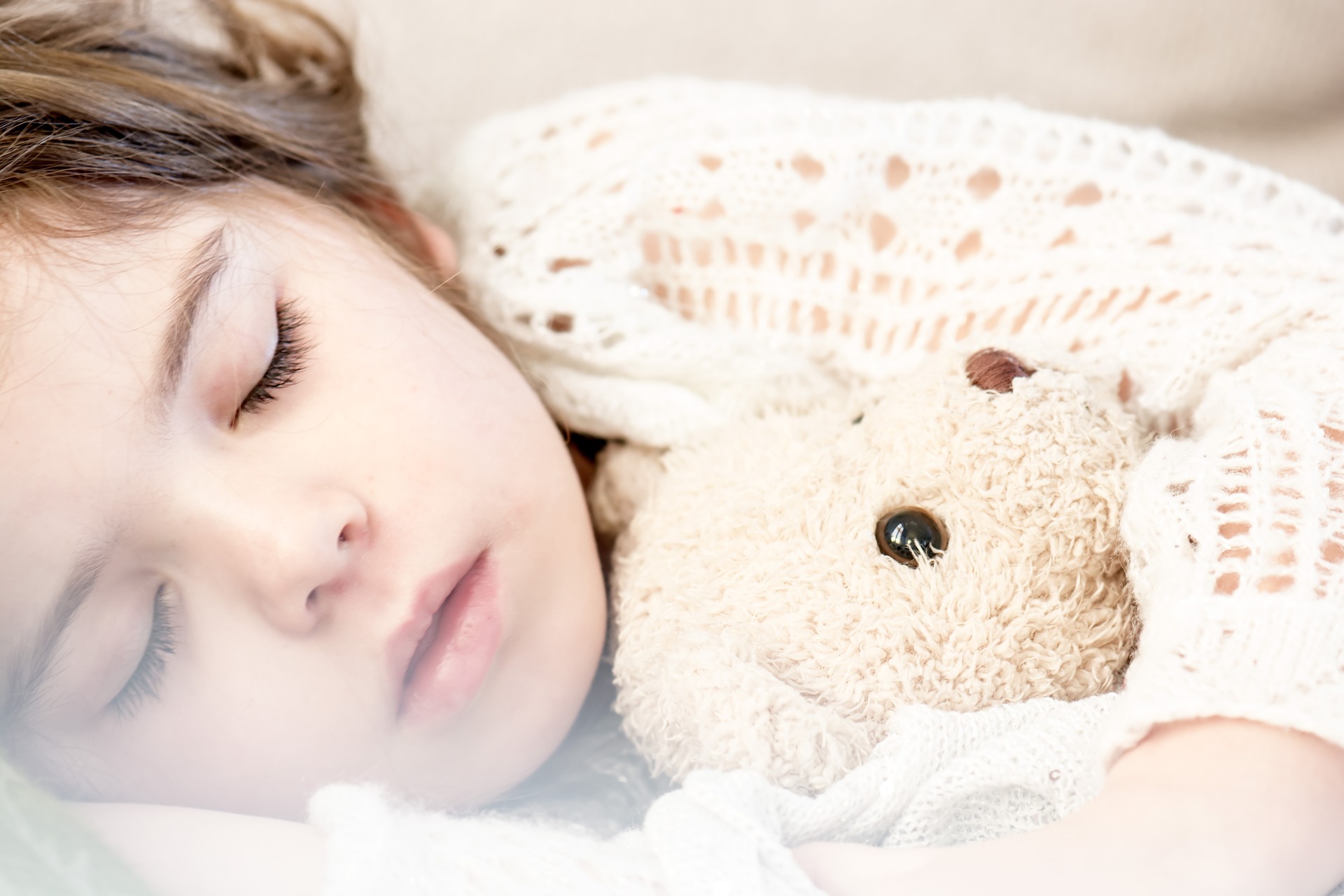As important as food and water, sleep is vital to your well-being. And, if you are a parent, research shows that your children are not getting the sleep they need. According to the National Sleep Foundation, children (ages 6-13) require 9-11 hours of sleep per night and adolescents (ages 13-18) require 9-10 hours per night. A recent study from the Centers for Disease Control found that 31% of teens get 8 hours or less of sleep per night and most school age children are getting 8.5 hours. For children, homework demands, sports, and other extracurricular activities contribute to busy schedules and less time for sleep. For teens, social lives, jobs, school, and changing bodies effect sleep. For all age groups, computers, TV, and caffeine contribute to poor sleep habits.
We all know the value of a good night’s rest, but for growing brains and bodies, not getting enough sleep can have consequences on school and relationships. Specifically, teens and children can have difficulty concentrating and learning when sleep deprived. They can have mood swings and behavior problems. And, according to the Sleep Disorder’s Center, approximately 1,550 people are killed annually in crashes related to drowsy driving. Often, these crashes are caused by young people under the age of 25.
On the contrary, quality sleep has been linked to improved attention, greater emotional control, improved mental health, and lower risk of obesity. In recognizing the importance of quality sleep, parents can help children establish healthy sleep habits at an early age. According to the UCLA Sleep Disorders Center, the changing bodies of 10-12 year olds have a close link to teen sleep patterns. If healthy sleep hygiene is established in adolescents, those habits can carry into adulthood.
Healthy sleep habits for teens and children include:
- a set bedtime and wake time that does not vary by more than 2 hours on the weekend
- a relaxing bedtime routine such as reading for teens or story time for children
- no “exciting” activities at bedtime such as jumping or wrestling for children or computer games for teens
- daily exercise
- healthy diet
Additionally, teens should avoid caffeine after 4 PM. They should not smoke or drink as nicotine an alcohol disrupt sleep.
If you think your teen or child may have a sleep issue, there are common symptoms you may notice. For adolescents, parents may have difficulty waking them in the morning or observe that their teen is irritable in the early afternoon. Teens may fall asleep easily during the day, have a sudden drop in grades, or sleep for long periods on the weekends. Children may require excessive “help” falling asleep, wake many times during the night, constantly toss and turn at night, or cause their parents to lose sleep. While these symptoms are usually easily addressed by improving sleep habits, more severe symptoms should be addressed with the help of a pediatrician or behavior specialist.
As parents, the value that we place on sleep is a big influence on our children’s attitude toward sleep. Fortunately, there are a lot of practical steps we can take to help our children get the sleep they need. There are too many benefits of good sleep for our teens and children to miss out on them.
Shelley Coleman M.A., L.P.C.-S.
Shelley Coleman is a Licensed Professional Counselor, parent, and Ironman finisher. She is in private practice in Lakeway where she provides play therapy, child and adolescent counseling, family therapy, group therapy, and parent education. She can be reached at shelleybcolemalpc@gmail.com










